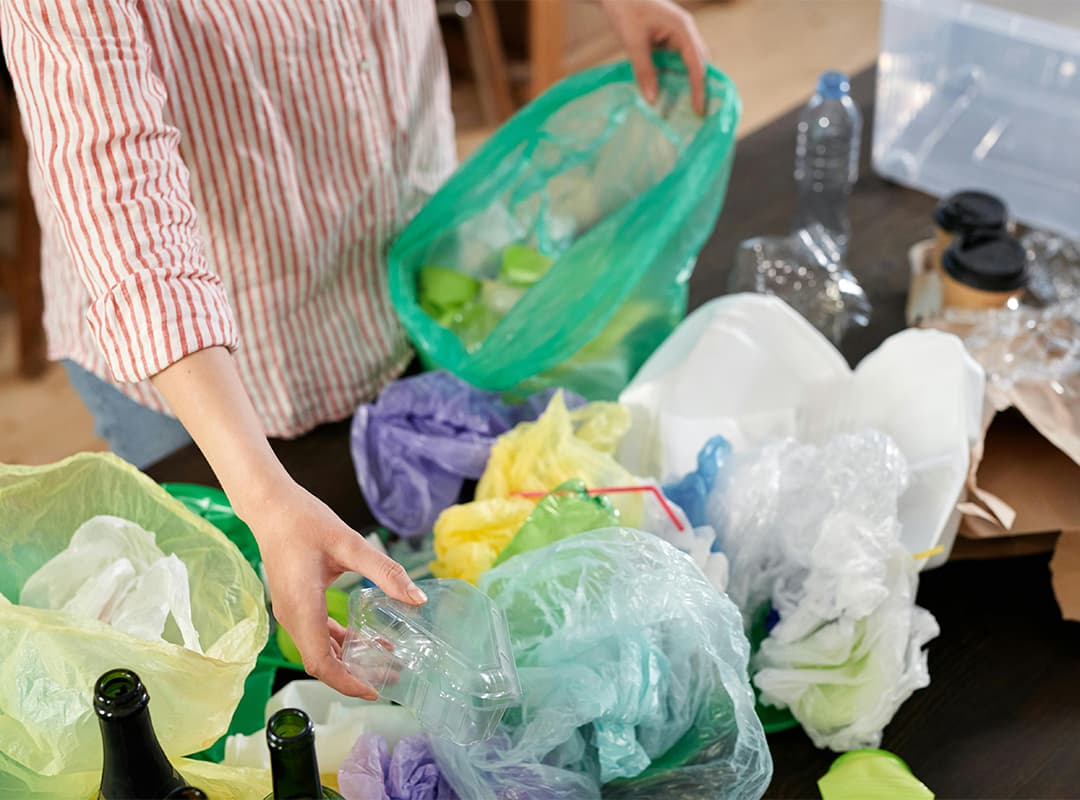
The Impact of Single-Use Plastic Bags on the Environment and How to Combat It
In recent years, the issue of plastic waste has garnered significant attention, and single-use plastic bags are at the forefront of this environmental crisis. While these bags may offer convenience for shopping and packaging, their impact on our planet is profound and often detrimental. Understanding this impact is crucial in finding effective solutions to reduce plastic pollution.
The Environmental Toll of Single-Use Plastic Bags
Single-use plastic bags are designed to be used only once and then discarded. In the United States alone, an estimated 100 billion plastic bags are used every year, contributing significantly to landfill waste. Here are some key environmental issues associated with single-use plastic bags:
- Pollution and Landfill Overflow
Many single-use plastic bags end up in landfills, where they can take hundreds of years to decompose. Even when they do break down, they don’t fully biodegrade; instead, they break into smaller microplastics that can contaminate soil and waterways. - Harm to Wildlife
Animals, both terrestrial and marine, often mistake plastic bags for food. Sea turtles, for example, can ingest plastic bags, thinking they are jellyfish. This can lead to malnutrition, intestinal blockages, and ultimately, death. Moreover, larger animals can become entangled in plastic waste, causing injury or drowning. - Climate Change Contributions
The production of plastic bags requires fossil fuels, contributing to greenhouse gas emissions. As the demand for plastic increases, so does the carbon footprint associated with its extraction, production, and disposal.
How to Combat the Plastic Bag Problem
While the impact of single-use plastic bags can seem overwhelming, there are several effective strategies individuals and communities can adopt to combat this environmental issue:
- Switch to Reusable Grocery Bags
One of the simplest and most effective solutions is to switch from single-use plastic bags to reusable grocery bags. These bags are often sturdier, can hold more items, and can be used multiple times, significantly reducing waste. By keeping a few reusable shopping bags in your car or by the door, you can ensure you always have them on hand for grocery runs. - Educate and Advocate
Raising awareness about the environmental effects of single-use plastics is vital. Community programs, social media campaigns, and local events can help inform others about the importance of reducing plastic usage. You can also advocate for policies that ban or limit single-use plastic bags in your community, encouraging local governments to take action. - Use Alternatives
In addition to reusable grocery bags, consider using alternatives for various shopping needs. For instance, use a casserole dish to transport food instead of relying on plastic containers, or opt for cloth bags for smaller purchases. The shift to reusable shopping bags and containers reduces reliance on single-use plastics and promotes a more sustainable lifestyle. - Participate in Clean-Up Efforts
Join or organize community clean-up events to collect plastic waste from local parks, beaches, and neighborhoods. These activities not only remove trash from the environment but also raise awareness and foster a sense of community commitment to keeping the area clean. - Support Sustainable Brands
Many companies are now offering eco-friendly alternatives to traditional plastic bags. Supporting these brands encourages more businesses to adopt sustainable practices. Look for products made from recycled materials or those that emphasize biodegradable options.
The impact of single-use plastic bags on the environment is significant, but by taking proactive steps, we can mitigate this issue. Transitioning to reusable grocery bags, advocating for sustainable practices, and educating ourselves and others are key components of a collective effort to reduce plastic pollution.
Each small change contributes to a larger movement toward sustainability. By making conscious choices about how we shop and what materials we use, we can work together to protect our planet for future generations. Together, we can combat the plastic bag problem and foster a cleaner, healthier environment.